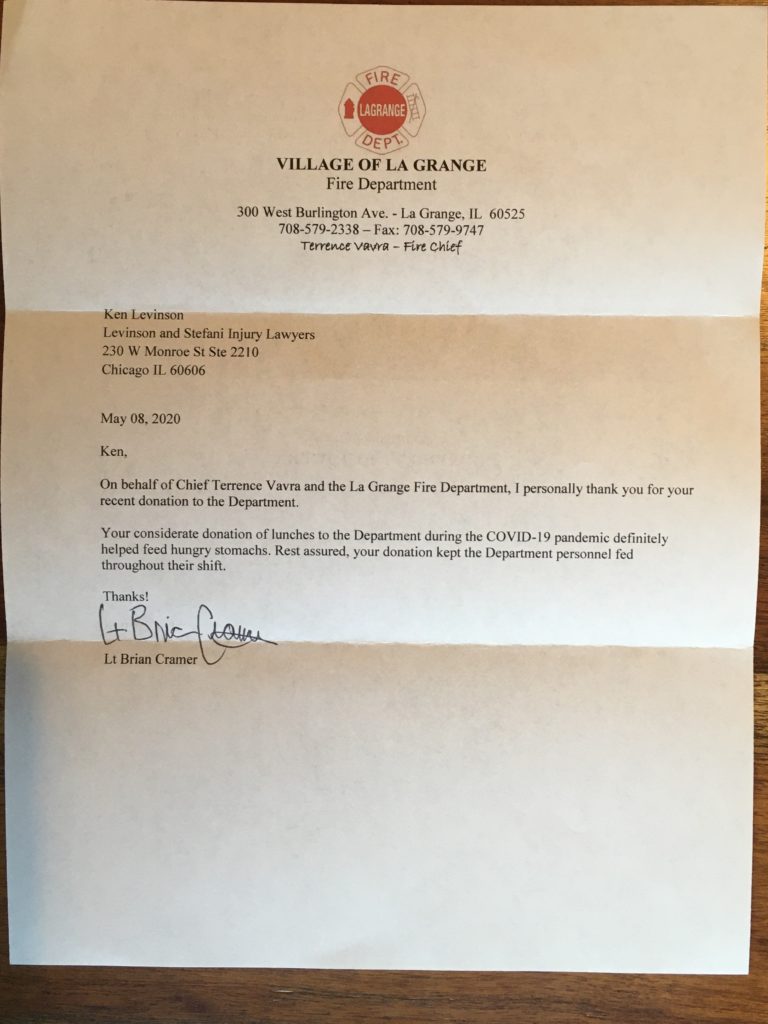
The trucking industry has been making waves throughout the crisis of the pandemic–with truckers working over time, delivery services modifying procedures, and agencies changing rules to allow for more efficient deliveries of necessary medical supplies, food, and household goods.
Chris Spear, President of the American Trucking Associations, said he is proud of the help that the industry is giving to Americans during this time, but also said that there are many more obstacles ahead for both the business and the government as a whole.
“This certainly brings again what our industry does for the entire American economy to help us get through it,” said Spear. “If you want those shelves restocked, if you want the medical supplies and the test kits brought to the front line, you’ll need our industry, and I think people now have a laser focus on that and that is very appreciated.”
Spear expressed his gratitude for the 3.5 million truck drivers who are working far from their homes and families, and bringing those supplies to the people sheltering in their homes and doing their part to slow the spread of COVID-19.
“This is unprecedented,” said Spear of the industry’s experience. “This is clearly our time to shine.”
Still, although the current challenges have forced the industry to step up to a whole new level, there are more difficulties ahead.
“I think it takes some foresight to really anticipate where this is headed, and if it does change, it’s going to change rather quickly,” said Spear. “I think we are in a phase now where we are seeing an uptick for a number of industry segments, such as truckload [and] refrigerated. But you also see less consumption of fuel. We’re not seeing flatbed or agriculture benefit from this as much as we’d like. We’re seeing a lot of sectors that are not seeing that growth. It’s not across the board, and I think it’s very responsible for us to be looking two, three quarters ahead at what this may be looking like.”
A major factor in the success of these operations, Spear said, is the ability to work together with government agencies.
“I’ve had several calls with (Department of Homeland Security) officials, White House officials,” he said. “Our state executives have been very helpful [with] dealing with governors and mayors that also have a role, and make decisions that can be adverse to our industry if they are not done correctly.”
Because the $2.2 trillion congressional stimulus package includes $377 billion in small business loans, Spear said he believes this will be helpful to many smaller trucking companies, especially in terms of payroll.
“I’m very appreciative of the decision-makers, including Capitol Hill, with the legislation they just passed, recognizing that our industry is welcomed,” he explained. “Making certain we can do our jobs successfully through this pandemic is very important.”
Last month, The Federal Motor Carrier Safety Administration made a major decision to relax guidelines around hours-of-service regulations for trucks transporting essential supplies during the pandemic.
“How long the HOS and other exemptions go on–we’ll have to wait and see,” said Spear. “I don’t think it’s indefinite. Certainly, I believe the federal government is going to give us the relief we need to continue to do our [jobs] and serve the economy while this crisis unfolds.”
Those HOS changes are a bit controversial–as relaxing guidelines means truckers can potentially work longer hours on less rest, allowing for more fatigued truck drivers to be on the roads and creating more dangerous driving environments for themselves and for other drivers.
Regardless, the trucking industry is as busy as ever. According to DAT Solutions, spot rates roses by 12.6% throughout the month of March during a rapid increase in demand to keep stores and hospitals regularly restocked.
The trucking industry will continue to work hard to keep up with demands, Spear said. “This is what we do every day. Our drivers–our industry–are really stepping up to do what [they do] best, and that’s to help us get through this as quickly as possible.”






